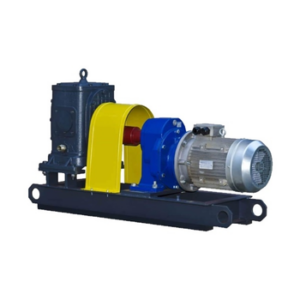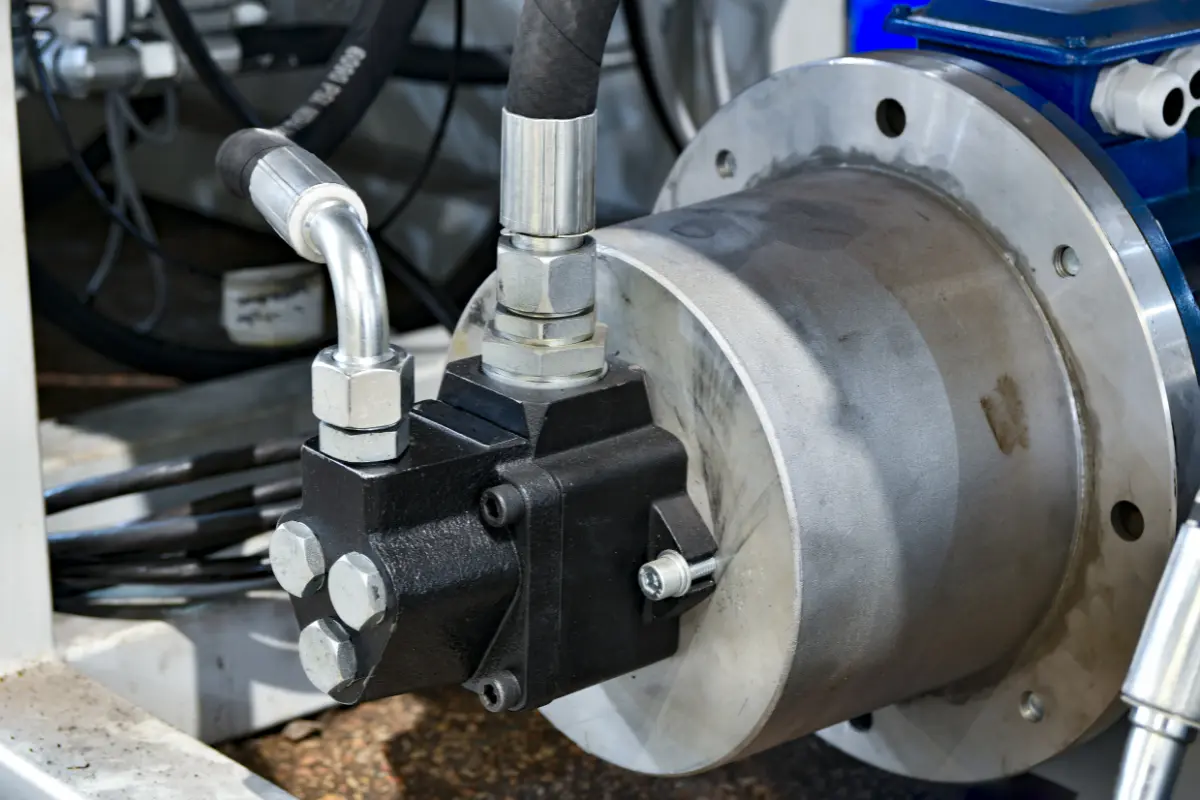Hydraulic pumps are used in hydraulic systems across various industrial sectors. They convert mechanical energy into hydraulic energy, enabling the movement of fluids under pressure to generate force and motion. In this article, we will explore how a hydraulic pump works, its main components, and the most common applications.
What is a Hydraulic Pump?
A hydraulic pump is a device that transforms mechanical energy, usually derived from an electric or internal combustion engine, into hydraulic energy. This is done through the movement of a fluid, typically oil, which is pressurized and circulated within the hydraulic system. There are different types of hydraulic pumps, including piston pumps, gear pumps, and vane pumps, each with specific characteristics that make them suitable for various applications.
Types of Hydraulic Pumps
Piston Pumps
Piston pumps are among the most efficient and are used in applications requiring high pressure and precision. Their operation is based on the movement of pistons within cylinders, which compress the fluid and push it into the hydraulic system. These pumps can be axial or radial piston pumps, depending on the orientation of the pistons relative to the drive shaft. Axial piston pumps are particularly valued for their ability to continuously vary the flow rate.
Gear Pumps
Gear pumps are among the most common and are used for applications requiring constant flow rates and medium pressures. These pumps operate with two gears that rotate, trapping the fluid between the teeth and pushing it into the hydraulic system. Gear pumps can be internal or external, with external gear pumps being the most common due to their simple construction and reliability.
Vane Pumps
Vane pumps are characterized by a rotor equipped with sliding vanes that push the fluid into the compression chamber. These pumps are used in applications requiring moderate pressures and are appreciated for their quiet operation and ability to handle fluids with varying viscosity. Vane pumps are often used in lubrication systems and in mobile applications, such as agricultural and construction equipment.

Applications and Advantages of Hydraulic Pumps
Hydraulic pumps are used in a wide range of sectors, including manufacturing, construction, agriculture, and automation. One of the main advantages of hydraulic pumps is their ability to deliver high power with relatively small size and weight. Additionally, these pumps offer precise control of flow and pressure, making them ideal for applications requiring precision and reliability.
For more details on types of hydraulic pumps and motors, you can visit our product page. For further insights, we recommend visiting authoritative resources such as the Hydraulic Institute.

